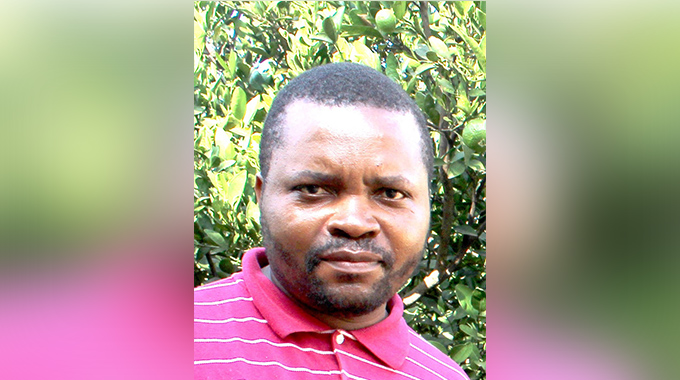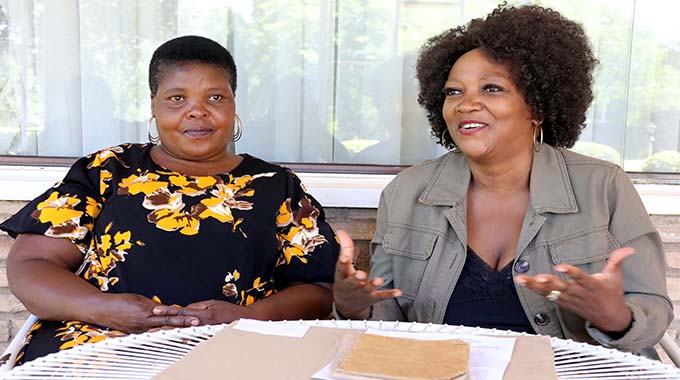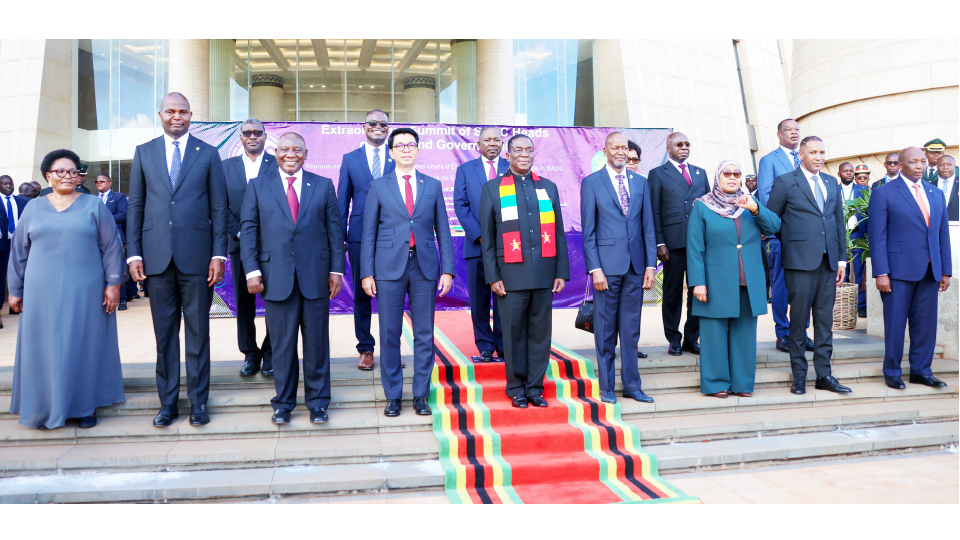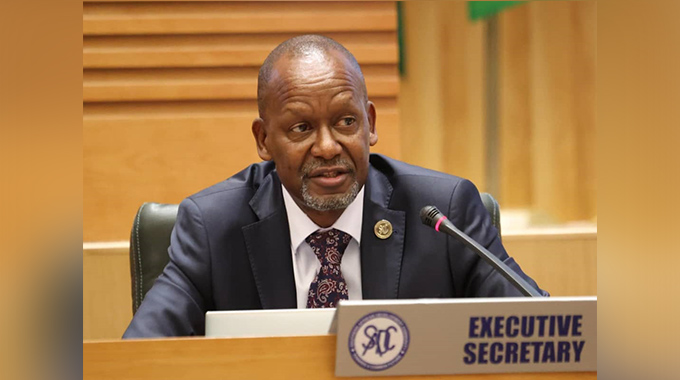
Oliver Kazunga-Senior Business Reporter
Listed piping manufacturer Proplastics Limited has invested US$12 million in a new Harare factory, with plans to expand regionally by establishing another plant in Botswana, an official has said.
Speaking during a tour of the new plant yesterday by Finance, Economic Development and Investment Promotion Minister Professor Mthuli Ncube, Proplastics chief executive Mr Kuda Chigiya said the investment in new technology was necessary because the company’s older factories could no longer produce products meeting current market trends.
“Over the past three years, we have managed to construct a new factory because all the 1965 (the year the company was formed) factories became irrelevant to operations,” said Mr Chigiya.
“We spent some US$7 million and we put in additional (money) for production and mixing (equipment) and for support equipment to ensure the integration of the value chain . . . in the manufacturing of our products.”
With an installed capacity of 12 000 tonnes per annum, Proplastics manufactures a wide variety of piping products, including PVC, sewer, electrical conduit, borehole casing, soil waste and vent, minetuff, and polythene pipes.
Currently, Proplastics’ annual production is 7 000 tonnes, and the company exports to several countries, including Sierra Leone, Mozambique, Tanzania, Malawi, the Democratic Republic of Congo, and Zambia.
Looking ahead, Mr Chigiya expressed optimism about Proplastics’ prospects, citing substantial opportunities in agriculture, mining, construction, and Government-led infrastructure projects.
Climate change will also drive continued borehole drilling.
The mining sector’s exploration activities and water requirements for slurry and tailings rehabilitation present further opportunities.
The company anticipate municipalities rehabilitating their sewer and water systems, creating a market for our PVC pipes.
New dam projects like Gwayi-Shangani, Marovanyati, and Kunzvi will require extensive piping infrastructure to deliver water to communities, industries, and irrigation projects.
Proplastics plans to establish a new production plant in Botswana to capitalise on tariff benefits and economic processing zones.
Mr Chigiya said the project was a completely new initiative, not a relocation of existing Zimbabwean assets.
Mr Chigiya said the project was progressing through established financial, strategic, and stakeholder engagement processes.
“We are not in any way going to take any one piece of equipment from Zimbabwe to Botswana — this is a completely new initiative that the business is taking through a finance and strategy committee, through the board and stakeholder engagement,” said Mr Chigiya, whose firm employs about 300 people directly and indirectly.










